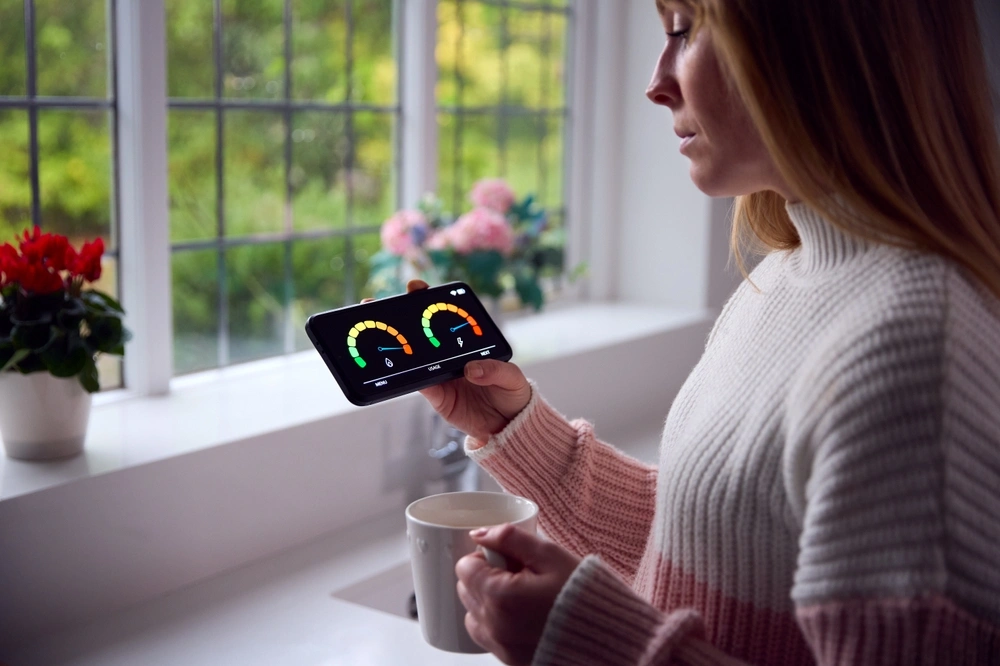If you’ve paid off your mortgage but high property prices and strict affordability checks mean your child is struggling to get a home of their own, you might be weighing up how you could help.
Well, if you’re in a comfortable enough financial position that you can afford to pay for the majority of your child’s property outright, doing so could help them get on the first rung of the property ladder. However, if you do decide to do this, there’s an extra cost to be aware of.
Stamp Duty on second homes means you pay more in tax
New Stamp Duty rates that came into force this month mean that you have to pay extra when buying a second home. This means that if you’re planning to buy a property for your child, you’d have to pay more in tax even though you won’t be living there.
If you don’t currently own a home of your own but want to buy one for your son or daughter, you won’t have to pay the higher rates. But, if you still own your home then you can expect to fork out the following, depending on what you pay for the property:
| Property value threshold | Stamp Duty rates for one home | Stamp Duty rates for second home |
| £0 - £125,000 | 0% | 3% |
| £125,001 - £250,000 | 2% | 5% |
| £250,001 - £925,000 | 5% | 8% |
| £925,001 - £1.5 million | 10% | 13% |
| £1.5 million and above | 12% | 15% |
You might be in a position where you have significant savings set aside, or you’re downsizing to a smaller home and it’s freed up some equity. If you’re planning on using this money to buy a property – or a large chunk of it – outright, you will have to pay the higher rates of Stamp Duty.
So, is there a way around this?
Give the money as a cash gift
It is possible to gift the money to your child, and you may not have to pay tax on this. Whether you have to pay tax on it depends on, rather morbidly, how long after this date you pass away.
So, if you live for seven or more years after giving the cash gift, the recipient won’t have to pay a penny in tax on it. Otherwise, the money is classed as an inheritance and your child will be charged a tiered amount based on the time between you gifting the money and your death. You can find the tiered rates here.
Consider acting as a guarantor instead
Instead of forking out the extra cash in tax, you could consider acting as a guarantor on your child’s mortgage. This means you are still responsible if your child falls behind, but the mortgage is not in your name so you won’t have to pay the higher rate of stamp duty. Instead, your child would be charged the standard stamp duty depending on the price the property is sold for.
Be aware that if your child stops making their mortgage payments, you would legally be made responsible for them. And, if you couldn’t make them either, the property could be at risk of repossession. Usually, it’s possible to be taken off your child’s mortgage after the property has passed a certain level of Loan to Value.
We hope this guide has filled you in a little more about the new Stamp Duty rates and how they might affect you when buying a home for your child.
Disclaimer: We make every effort to ensure that content is correct at the time of publication. Please note that information published on this website does not constitute financial advice, and we aren’t responsible for the content of any external sites.








